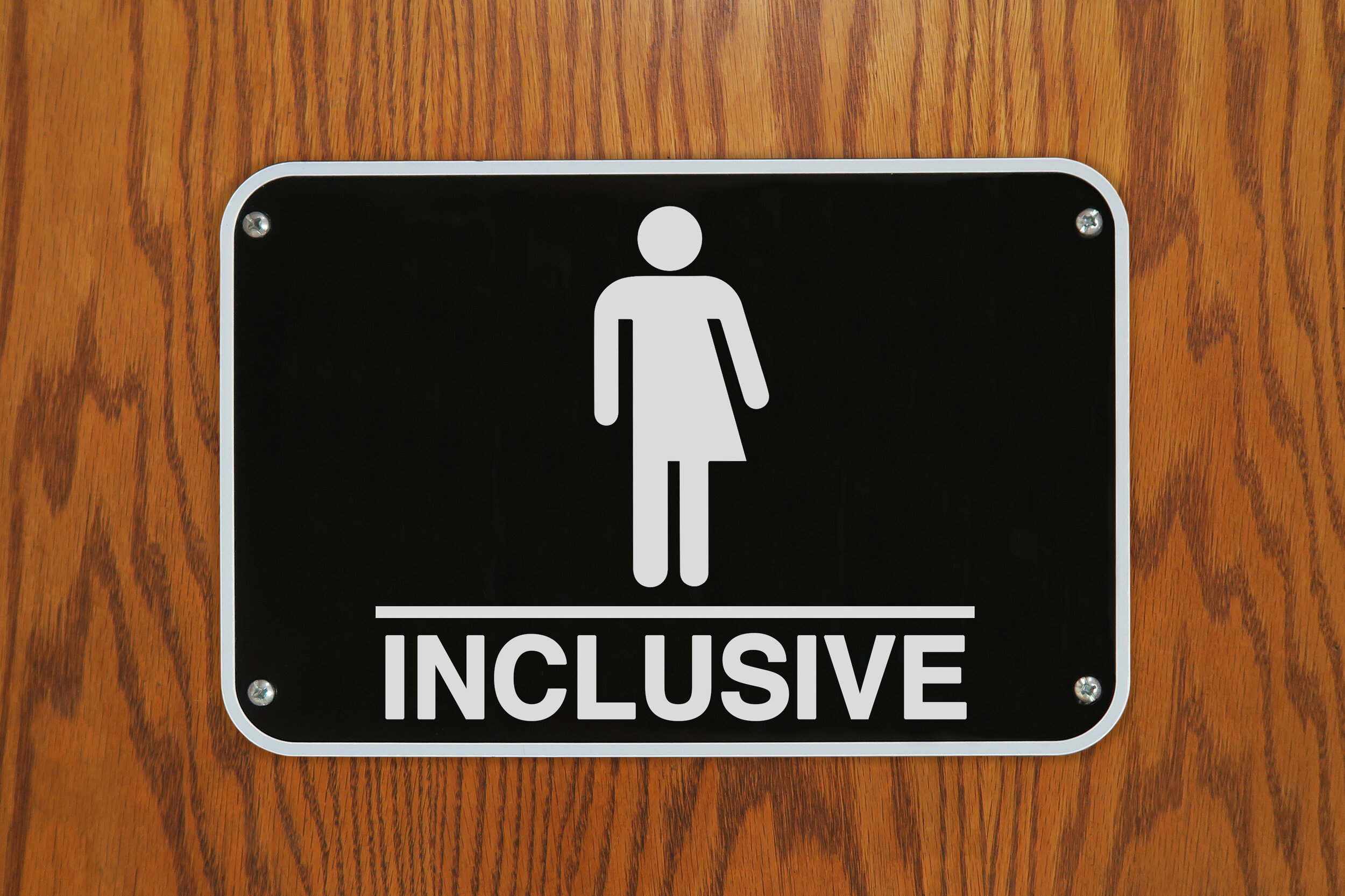
The chairman took her seat, and other gender gaffes
As times change, so do the norms for expressing gender in writing.
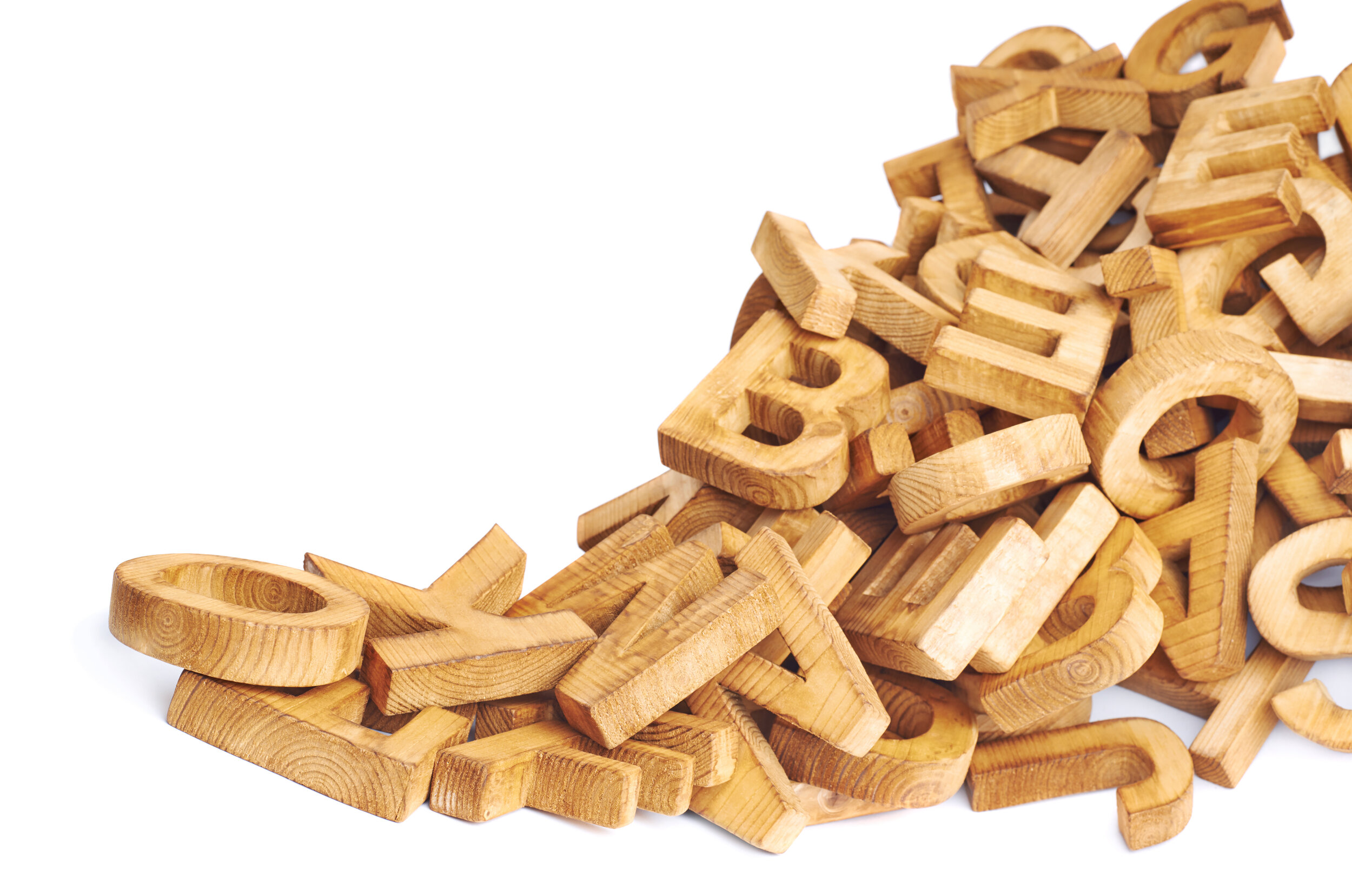
Editing, self-editing and engaging a professional editor
One of my favourite parts of being a science editor is being able to speak to audiences about what I do, and about editing in general.
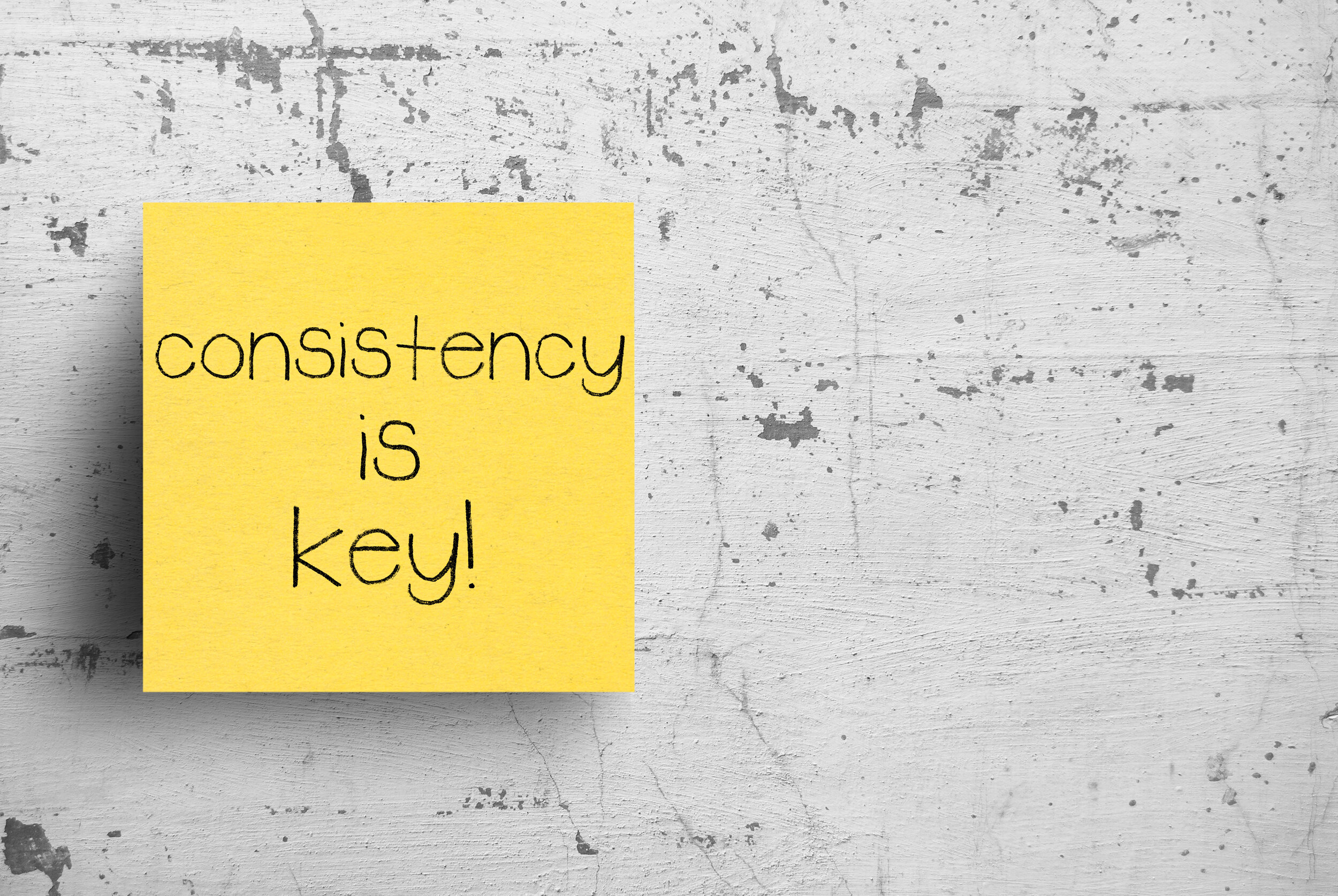
Tools that editors use
One of the questions I often receive from clients is ‘How can I reduce the cost of editing?’. Another question is usually, ‘Why didn’t I catch that mistake before I sent it to you?’. Editors read through a document a number of times, each time concentrating on a specific set of corrections. We also use a number of tools to aid us in our editing tasks. PerfectIt is one such tool.

Yes, and…
In December 2019, I participated in a one-day course at the Alan Alda Center for Communicating Science in New York. The course was called ‘Power Connection: Reshaping the Future for Women in STEM’. The focus was not just on communicating science. It also addressed challenges that female researchers might face in their scientific careers by using the acting method of improvisation as a tool to improving skills such as persuasion, negotiation, listening and presence.

Understanding shortened forms
There is one thing that isn’t in short supply in scientific, technical and government writing and that’s shortened forms. Whether acronyms, abbreviations, initialisms or one of several other types of shortened forms, writers often struggle to work out how to use them correctly.
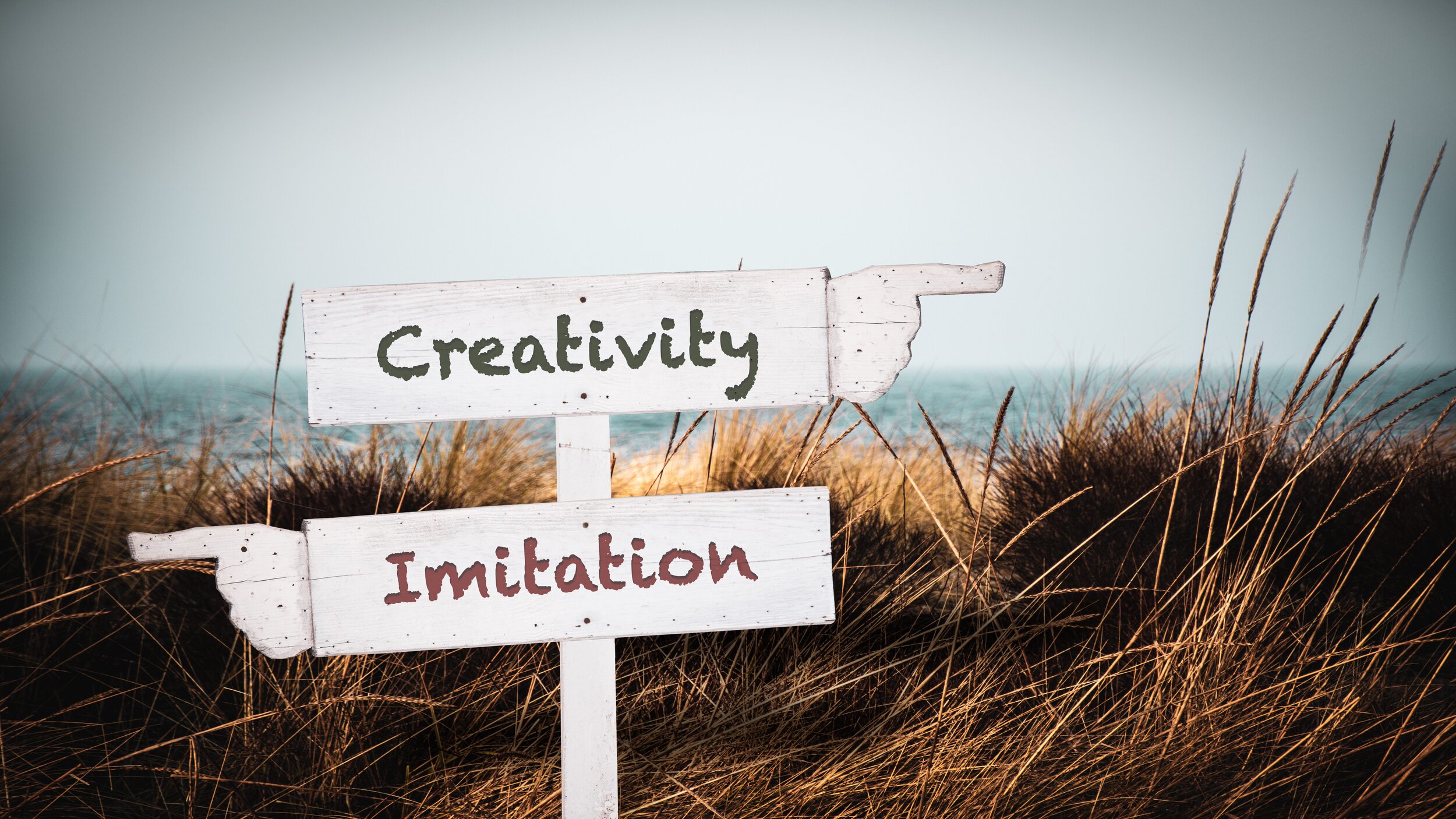
Purging plagiarism
One of the most difficult situations for an editor to deal with is finding plagiarism in a client’s work.

Corporate entities: singular or plural?
Many authors run into trouble when using the names of corporate entities because they are unsure of whether the entity should be treated as singular or plural.
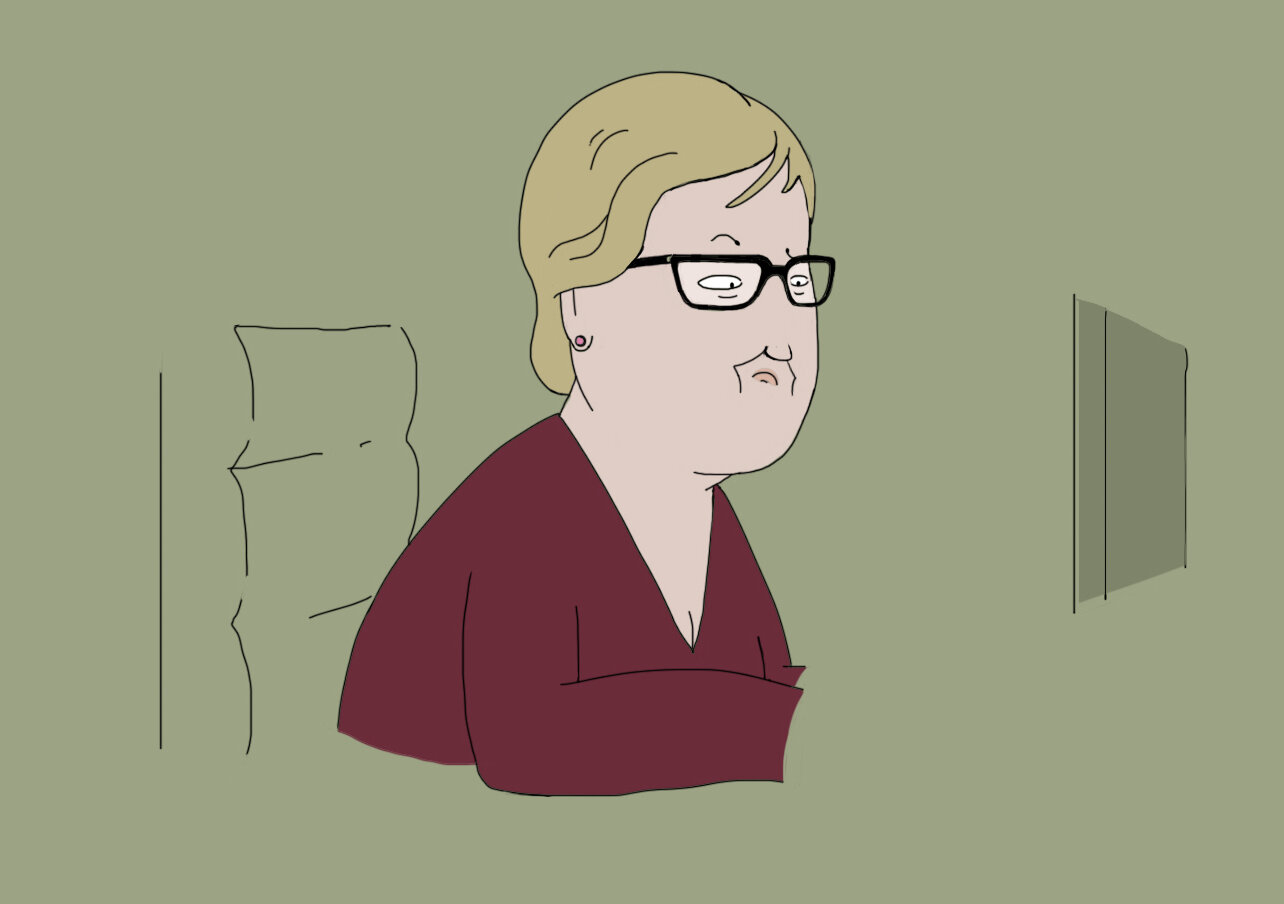
Why hire an editor?
Scientists and researchers communicate their work to the world via several written means. Journal papers, client reports and press releases are just a few of these channels of communication. Although scientists are passionate about the work that they do and are specialists in their fields of research, not all scientists enjoy writing.

What word for when?
Word lists are tools created by authors and editors to ensure correct spelling and word choice, and consistency of those across one or many documents. The purpose of a word list is to document preferred word spellings so that the author, editor, reviewer and publisher may refer to the list, as they might a dictionary, to ensure the preferred spelling is being used.

Reference wrangling
One of the more time-consuming issues to correct in a document is referencing. Authors can save money, and time, by doing a few checks themselves before editing begins.